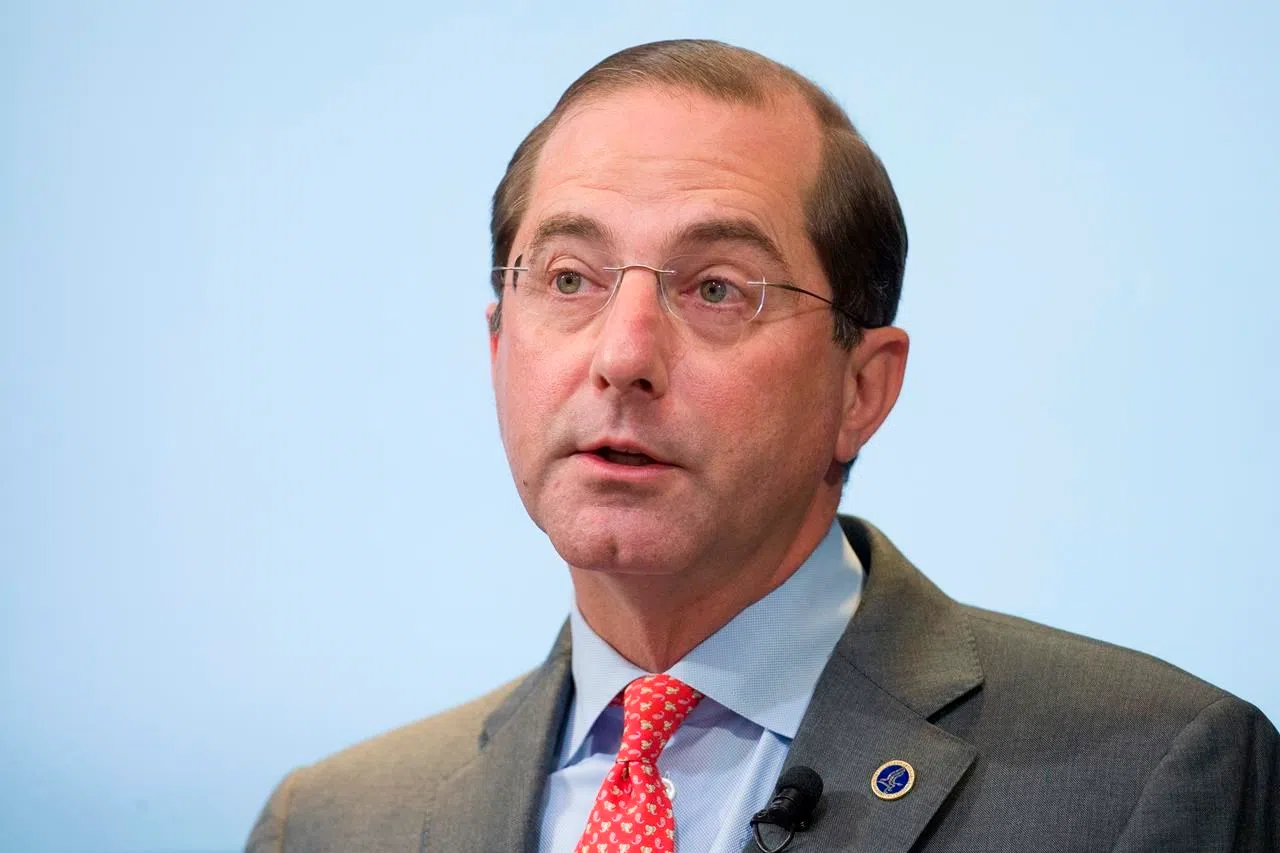
Trump plan would channel prescription discounts to patients
WASHINGTON — The Trump administration Thursday unveiled a plan to channel now-hidden prescription drug discounts directly to patients, saying that would eventually lower prices for consumers.
The proposed regulation from Health and Human Services Secretary Alex Azar aims to eliminate behind-the-scenes rebates among drugmakers, middlemen and insurers and instead encourage that they be paid directly to consumers when they buy their medications.
The idea is to do away with a hidden cost seen as contributing to artificially high list prices for prescription drugs. The proposal was co-authored with the Health and Human Services inspector general’s office.
The proposal comes as President Donald Trump is under political pressure to deliver results on his repeated promises to slash prescription drug costs. Democrats in Congress want to empower Medicare to directly negotiate prices with drug companies, but Republicans prefer a market-based approach that keeps the government out of setting prices.


